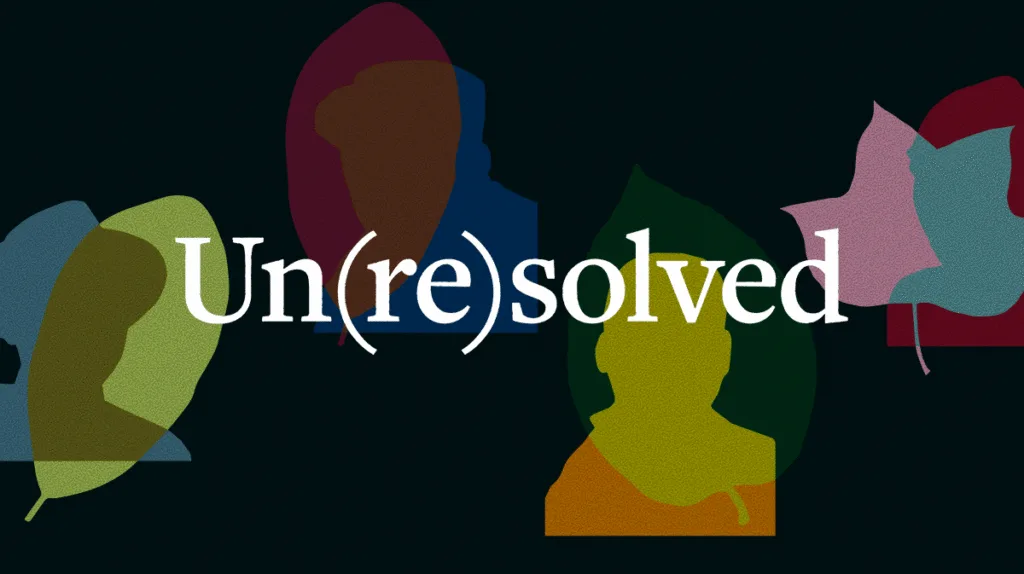Episode 1: The List

June 11, 2021
In 1955, a boy from Chicago was murdered in rural Mississippi. Who his killers were was an open secret — but none were found guilty of the crime. More than 50 years later, spurred by the work of activists and reporters, a bill named for the boy would wind up in the halls of Congress. It was aimed at bringing justice to unsolved killings from the civil rights era. Around the same time, the Department of Justice and the FBI launched an initiative tasked with investigating these types of crimes. The beginning of this effort to right wrongs in the country’s past was a moment of hope for many families. But what does justice look like in these cases, decades after the crimes?
Latest Documentaries
Explore
Policies
Teacher Center
Funding for FRONTLINE is provided through the support of PBS viewers and by the Corporation for Public Broadcasting, with major support from Ford Foundation. Additional funding is provided the Abrams Foundation, Park Foundation, John D. and Catherine T. MacArthur Foundation, Heising-Simons Foundation, and the FRONTLINE Trust, with major support from Jon and Jo Ann Hagler on behalf of the Jon L. Hagler Foundation, and additional support from Koo and Patricia Yuen. FRONTLINE is a registered trademark of WGBH Educational Foundation. Web Site Copyright ©1995-2025 WGBH Educational Foundation. PBS is a 501(c)(3) not-for-profit organization.



















